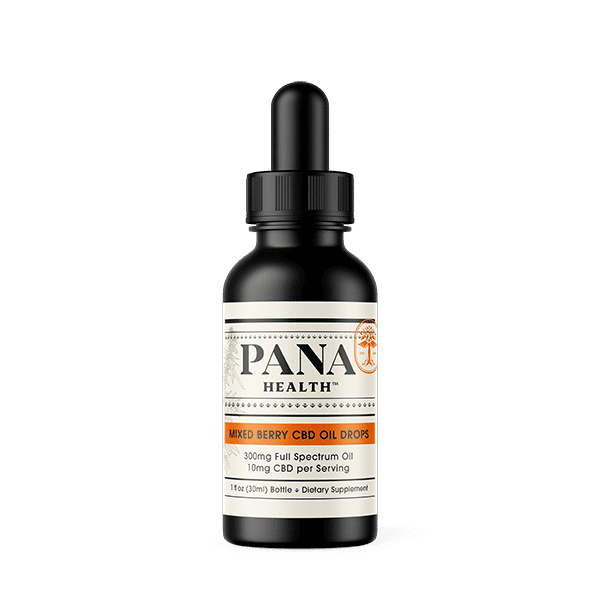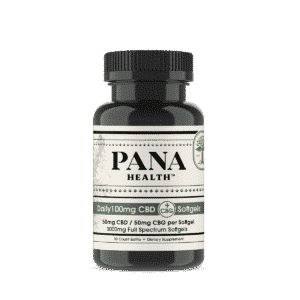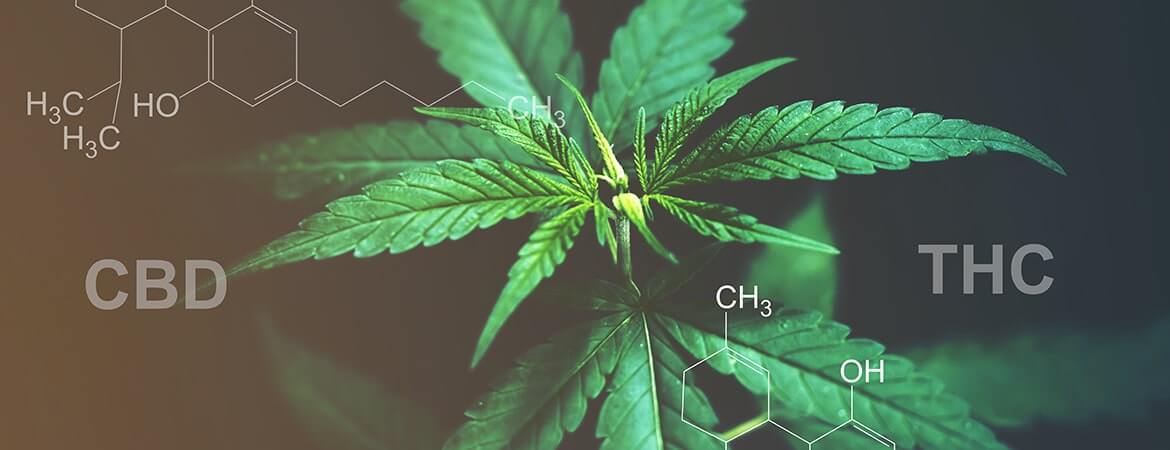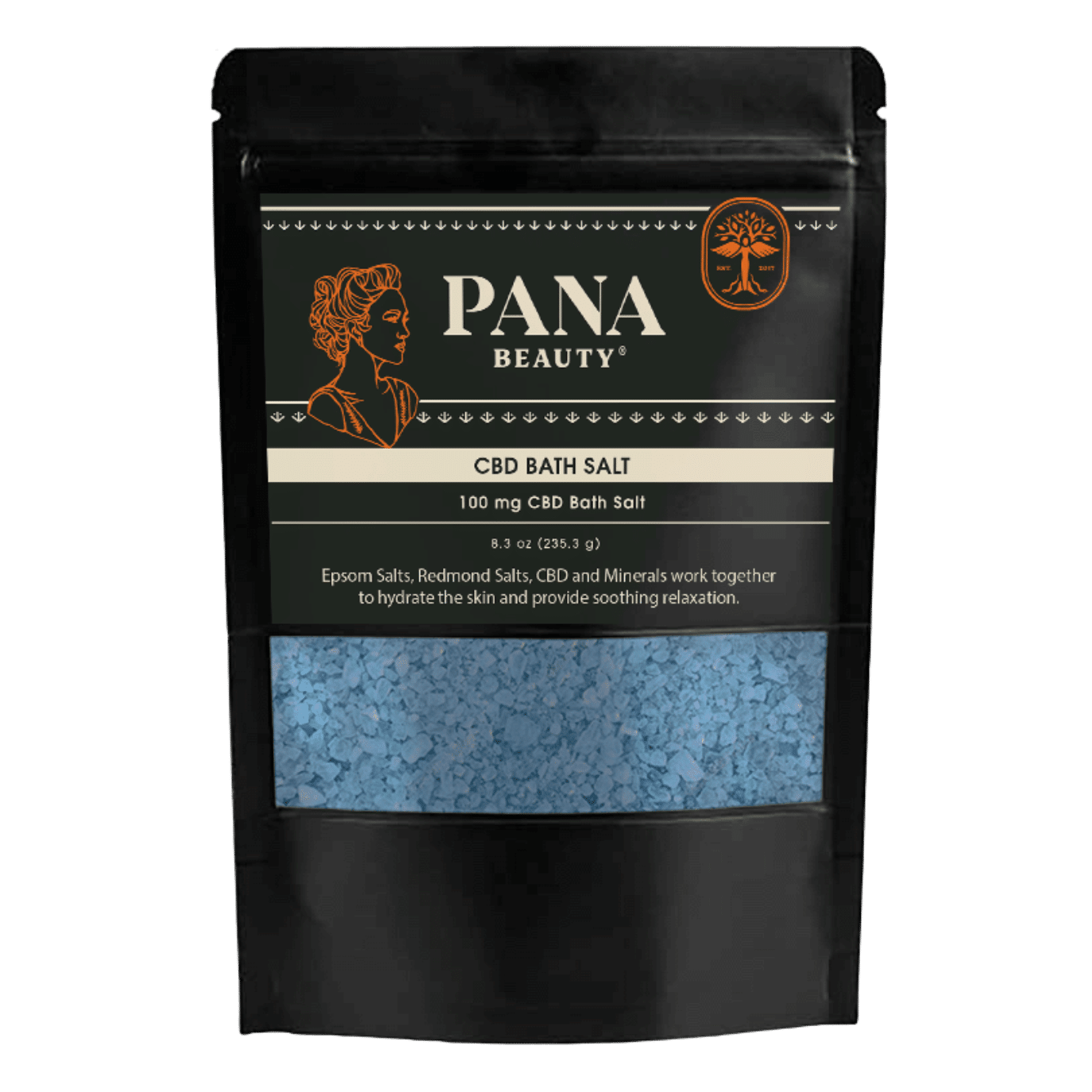At the end of 2018, Congress passed the Agricultural Improvement Act, also known as the Farm Bill. A revised version of this bill goes through congress every five years. The intent behind the Farm Bill is to set the “national agriculture, nutrition, conservation, and forestry policy.” Most years, the passing of this bill is relatively uneventful. Occasionally, there is some debate around it, but usually, it passes without much fuss. As such, if you haven’t heard about the Farm Bill until recently, you’re not alone. Many Americans are unaware of the contents of these bills. They also don’t realize that Congress is supposed to pass them once every five years.
In the 2018, however, the contents of the Farm Bill contained a few essential provisions that would dramatically alter the legality and commercial landscape of Industrial Hemp and Cannabidiol (CBD) forever. To understand what this bill did for CBD, let’s take a look at a breakdown of the 2018 Farm Bill and the key takeaways for CBD.
Critical 2018 Farm Bill benefit for CBD: legalization
The 2018 Farm Bill removed Hemp-derived substances from the controlled substances list. Prior to the bill, industrial hemp and any products derived from the hemp plant were considered to be dangerous and addictive drugs with the law enforcement community considering hemp products to be equivalent to heroin. Descheduling CBD products effectively legalizes CBD, so long as it comes from Hemp that is legal under the Farm Bill itself.

Many people talk about industrial Hemp or Hemp plant. While Hemp is a frequently used word in the Cannabis industry, it’s essential to understand its meaning. Hemp and Marijuana are often associated; this is because they both belong to the Cannabis plant family.
Hemp and Cannabis are often used interchangeably, but there is a difference. This difference is more a matter of semantics. Hemp is defined as a subspecies of the Cannabis sativa plant that contains less than 0.3% Tetrahydrocannabinol, (THC), so CBD can not get you “high.” THC is the psychoactive chemical in Cannabis that is psychogenic, promoting a high or euphoric feeling. Plants with THC levels >0.3% are referred to as Marijuana.
For decades, the law at the Federal level classified all cannabis plants in the same way. The 1937 Marijuana Tax Act levied taxes on the growing, selling, and distribution of Marijuana. This bill made Marijuana illegal because growers had to receive a tax stamp for their product from the government. Any products not containing the tax stamp were deemed illegal. Additionally, as part of the US Government’s “War on Drugs” passed the Controlled Substances Act in 1970, making Cannabis illegal in any form. This bill made is entirely unlawful to grow, sell, or possess any Marijuana, no matter how little THC it may have. The law stayed in effect for 48 years.
The 2018 Farm Bill legalized Hemp. That is, it legalized any Cannabis plant with less than 0.3% THC (which is nowhere enough to create any psychoactive effects).
You might be wondering what all this has to do with CBD. With the legalization of Hemp, any derivative products that come from these plants are also legal.
The Cannabis plant contains many cannabinoids, which are chemicals that interact with our bodies in some meaningful way. Cannabis contains over 100 different cannabinoids. THC is one, CBD is another.
Just because hemp doesn’t contain significant levels of THC doesn’t mean that there isn’t any CBD in there. Certain strains of legal Hemp contain high levels of CBD. As such, some CBD products that derive from Hemp are lawful to sell. But if that CBD comes from Marijuana (that is, a plant with over 0.3% THC), then it is illegal to sell.
The Hemp market Is not entirely free
Unfortunately, there are quite a few laws that intersect when it comes to Cannabis and its legality. There are state laws as well as federal laws, and each level can be in conflict with each other.. Sorting through the maze of issues can lead to significant headaches.
The 2018 Farm Bill is not a single comprehensive license to grow as much Hemp as you want. It provides tight regulations that ensure that people are not able to grow Hemp as freely as other crops like carrots and celery. In other words, this Hemp bill won’t let you buy a Cannabis plant and put it in your backyard to get whatever CBD you would like.
Perhaps the most telling feature of the Farm Bill is that it does not, in any way, make Cannabis with THC content above 0.3% legal. Federal law still classifies this as Marijuana, and possession and growing Marijuana carry with it steep penalties at the federal level! Therefore, you need to have a commercial enterprise where you can have 100% confidence that the plants you are growing will now have a THC content of 0.3% or above. If you try and grow hemp in your backyard, you might inadvertently break the law.
It is worth noting that laws are different from state to state. Medical Marijuana is legal in several states, and recreational Marijuana is legal in 11. These states also have their own regulations on how Cannabis may be grown and sold.
The other key piece to this legislation that restricts the Hemp market is that it requires states to work with the USDA to create programs for licensing and regulating hemp. Only once the individual state has submitted their proposal to the USDA, and the USDA approves that proposal, can residents within that region produce industrial Hemp. If some states don’t want to create their own regulatory body, then people within those states can apply for a federally run program. Whether individual states create their systems or residents have to opt-in to ones that the USDA has made, the reality is that growing Hemp will require significant regulatory hurdles.
Given all the hurdles and potential downsides for growing Cannabis that may accidentally exceed 0.3%, it’s clear that the market for growing hemp is not entirely “free.” It’s less restrictive than before, but people will not be growing hemp in their backyards any time soon.
The 2018 Farm Bill adds to already conflicting laws
While the 2018 Farm Bill sought to bring clarity to the legal status of Marijuana and Hemp, it also added to the confusion. Part of the problem is that the laws at the state and federal levels often conflict in specific, intractable ways.
One way in which the laws intersect is with CBD-derived products. As you might know, you may buy just about anything with CBD in it. From pain relief creams to oils to tinctures, manufacturers have been adding CBD to almost anything and everything. Of course, there is a good reason for doing this. CBD has been reported to provide a multitude of health benefits from supporting joint health and flexibility to providing mental well being. While the research into exactly how CBD accomplishes these outcomes is still in its infancy, it has been promising so far.
Recall that the 2018 Farm Bill legalized CBD. However, in doing so, it legalized it in a very narrow manner. Any CBD-derived product created from industrial Hemp, grown in full compliance with the Farm Bill itself, is legal. Technically-speaking, all this means is that it CBD is no longer a Schedule I controlled substance. You cannot go to jail for possessing CBD extracted from a legal Hemp plant.
However, this bill says nothing about how CBD products are to be regulated or manufactured. The food and Drug Administration FDA has issued unclear guidance regarding CBD products. The FDA is currently very concerned about false claims being made by CBD companies and the language of health claim wordings (no, CBD will not miraculously cure cancer, but there is some evidence that it might be a helpful supplement with symptoms). Again, as per the letter of the law, CBD cannot be added to a food product as per FDA regulations, but the FDA is not enforcing that rule particularly strictly.
Some states have expressly legalized CBD oil, which makes it legal to sell within state lines. Despite these states’ rules, federal laws still apply. As you can see, federal legality, state laws, and the FDA produce a legal compliance maze that leads to consumer and producer confusion.
Because of the popularity of CBD products and the reported positive health benefits, lawmakers and regulatory agencies are working as rapidly as possible to clarify rules and regulations. The Farm Bill has been a great start, but there is much more work to do.
The Federal Government is still very much against Marijuana
Some people saw the 2018 Farm Bill as a breakthrough whereby the federal government would relinquish prohibitions on Marijuana. However, this isn’t the case.
Not only does the bill require legal plants to have less than 0.3% THC, but it also forces state regulators to have a plan to test growing plants continuously. If they find that growers have Cannabis with a THC content that exceeds the legal limit, they are still subject to fines, penalties, and destruction of the plants themselves.
Recent USDA guidelines indicate that producers must dispose of plants that contain 0.3% to 0.5% THC. Not only do they have to get rid of them, but they have to notify the USDA of that fact as well. However, this again varies from state to state, depending on the state’s legal status of all Cannabis plants.
If people are hoping that this bill could be a pathway towards the legalization of Marijuana at the federal level, it’s clear that it won’t be happening any time soon.
There are now more potential pathways for Hemp research
Given the fact that this bill has opened the door for legalized CBD and Hemp, restrictions on hemp and CBD research have also been lessened.
The 2018 Farm Bill goes even further than merely permitting this research to happen legally – it expressly “provides USDA oversight and funding for hemp research.” In other words, we should expect to see researchers all across the US looking into the various ways that industrial Hemp can be beneficial. While there is nothing in this directive that targets CBD specifically, given the interest in CBD and its potential health benefits – as well as the FDA who wants to take an official stance on the subject based on science – we will likely see more research into this topic in the future.
Why is the 2018 Farm Bill important for the consumer?
There are five main takeaways from this bill.
- The legalization (at least in some form) of CBD
- The restrictions on the production of industrial hemp
- The conflicting laws
- The fact that the federal government’s stance on Marijuana still has not changed
- The newly opened paths for Hemp research
For the first time in 48 years, the federal government was willing to decriminalize something – anything – related to Marijuana. This decriminalization, even if it only applies to industrial Hemp, represents a seismic shift in how politicians at this level view Cannabis and its potential benefits.
There is already a growing body of research indicating that CBD may be a beneficial substance to improve overall human health. There is ample research showing that CBD has potent anti-inflammatory properties. Similarly, if you experience anxiety or depression, CBD may help with that. CBD may also help with insomnia, may protect against neurodegenerative diseases, and may even promote heart health through its powerful antioxidant properties. In short, the body of research that shows CBD may be fantastic for our bodies is growing.
While this bill did not explicitly legalize CBD from any source and in all forms, it did provide a legal pathway for researchers and consumers to obtain this impressive substance. That legalization is also forcing appropriate agencies, like the USDA and FDA, to have tough conversations to create a set of policy documents that are in line with the will of both Congress and the people. The fact that the bill removes CBD from the FDA controlled substance list is a hint to the other agencies to consider updating their rules and regulations appropriately.
The precise implications of the Farm Bill are still ongoing, of course, since Congress passed it a little over a year ago. However, the text within the bill is encouraging and may lead to more permissive CBD bills coming into law in the future. Maybe that will happen with the next Farm Bill in 2023.













